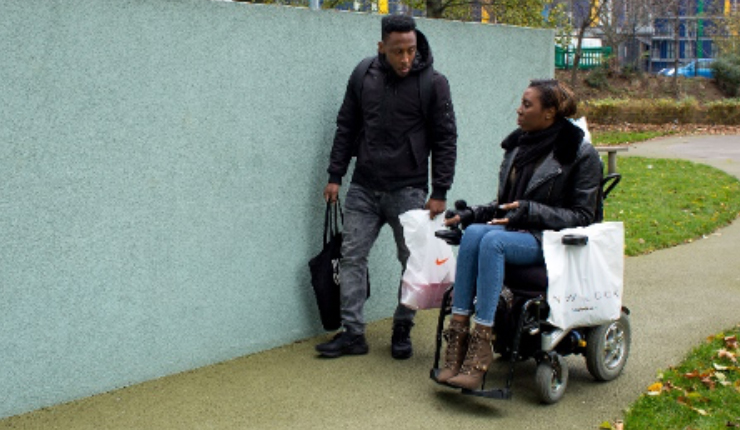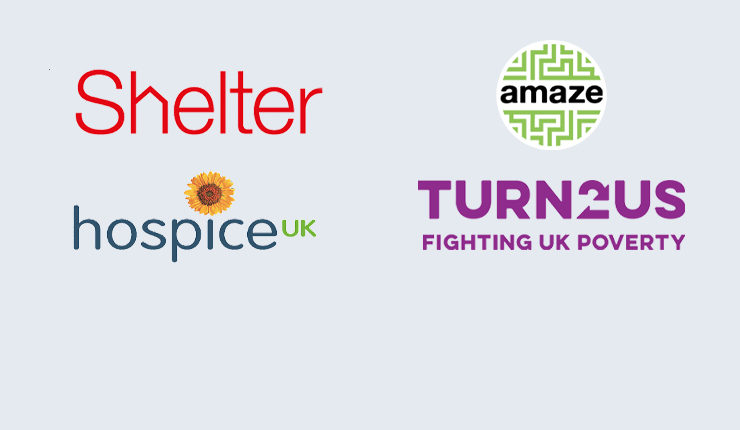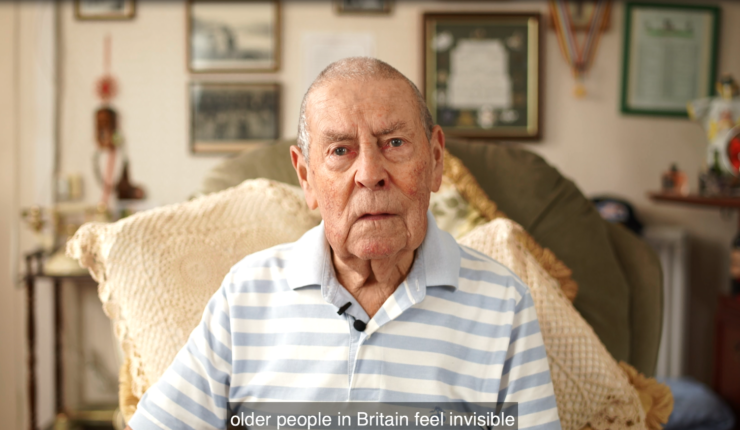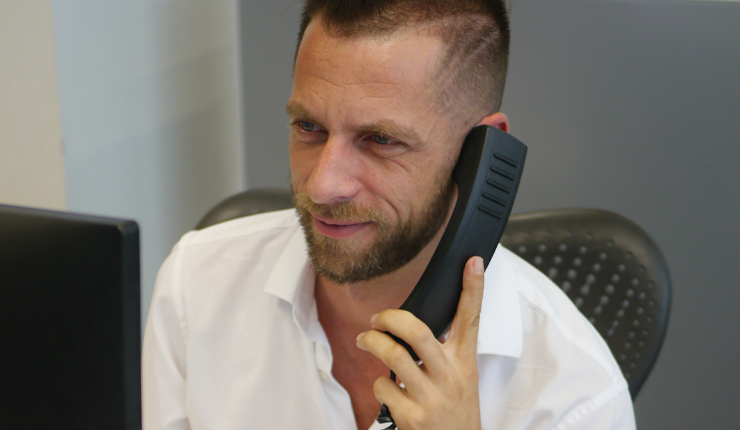Issue 6: Spring/Summer 2019
In the spotlight: Turn2us
‘In-work poverty’ is a term that is becoming more and more relevant for many families across the UK.
Although a family may have someone in work, their salary may not be enough to keep the family out of poverty.
Despite employment rates significantly increasing, in-work poverty is at a 20-year high. Worryingly, a working parent is one-and-a-half times more likely to be in poverty than an employed person without children.
Thankfully, there are many organisations that provide support for people facing poverty, including Turn2us, a national charity that offers advice and services to people facing financial hardship. We work closely with Turn2us in order to support members of the masonic community, and sat down with Matthew Geer, Turn2us Campaign Manager, to find out more about the issue of poverty in today’s society.

How widespread is poverty in the UK?
“Poverty has been growing in the UK for a number of years now. Measuring poverty is a hotly-debated topic, but we follow the Social Metrics Commissions method and believe that 14.2 million people in the UK live in poverty and struggle day to day with not having enough money.
“Poverty affects all ages, genders and regions across the UK – however the most common group that come to us are 25–44-year-old women working in low-paid jobs.”
Why are so many families living in poverty?
“High rents, low wages and ongoing benefit cuts are some of the prime causes of growing poverty in recent years. Austerity has taken its toll on people’s finances and there simply aren’t adequate services to support them anymore.
“Childcare is another common cause of financial struggles for many families across the UK; in some parts of London, it can cost up to £10,000 a year for a part-time nursery place.”
What does 21st century poverty look like in the UK?
“It’s not uncommon for people to dismiss modern day poverty by comparing it to old Victorian standards. But there are still millions of people living in dire conditions, struggling to put food on the table or on the verge of homelessness.
“Our #LivingWithout campaign, for example, wants to help people who may be struggling financially to obtain or replace essential household items such as fridges, freezers, washing machines and cookers. While some may still argue that these are luxuries, we know that living without these basic household goods ends up costing people more, putting their physical health at risk and damaging their mental wellbeing.”
How can Turn2us help people living in poverty?
“Turn2us offers financial support primarily through grants, but we also help people access benefits and other funds for which they may be eligible.
“We award around £4 million in grants every year. People use this money for anything from buying basic household goods to clearing debts.
“Most of the grants we give are flexible; this means the people who receive them can spend the money on whatever they deem fit. We think it is important to give people autonomy as well as help.
“There are also a number of Turn2us financial tools, such as the Benefits Calculator that can work out which benefits you are entitled to, and the grants search which can find out if you are eligible for any grants available from thousands of charities across the UK.
“The Turn2us Benefits Calculator is one of the tools the MCF’s Advice & Support Team use when visiting members of the masonic community at home to see if they’re eligible for any benefits or welfare support.”
How can we, as a society, prevent further poverty?
“There are many ways that we can further prevent poverty, including: fighting stereotypes, working together compassionately and helping people increase their incomes. There is a lot of work we can do collectively to prevent poverty in the long run. We need a society where those who are disproportionately affected by poverty – single parents, people with disabilities, ethnic minorities – are supported rather than demonised.”
What should you do if you are struggling financially?
“If you are struggling with money, please do get in touch with us. All of our support is free and confidential.
“Our grants can provide the financial assistance or breathing space you need, while support in claiming benefits can help you increase your income every month in the long run.
“If you struggle to access support online, you can always ring our free Turn2us helpline on 0808 802 2000.”
We can support families and individuals by using tools like the Turn2us Benefits Calculator to ensure that they are receiving all the benefits they are entitled to.
You can also contact the MCF for advice and support. Get in touch with us today:
0800 035 60 90
help@mcf.org.uk






